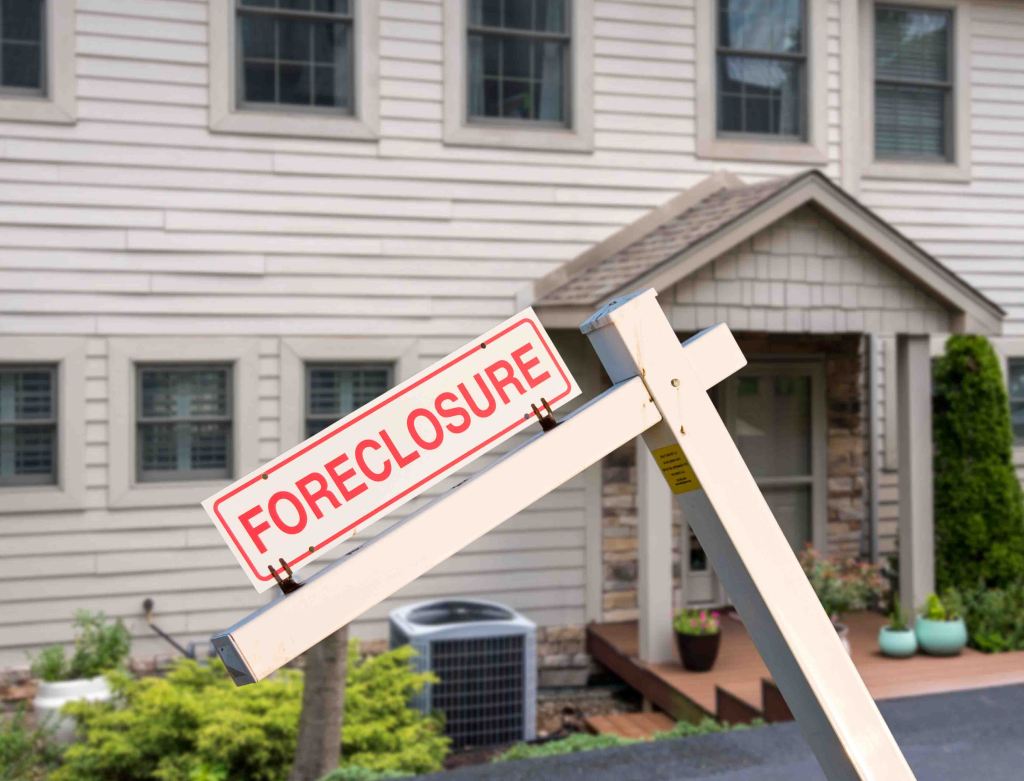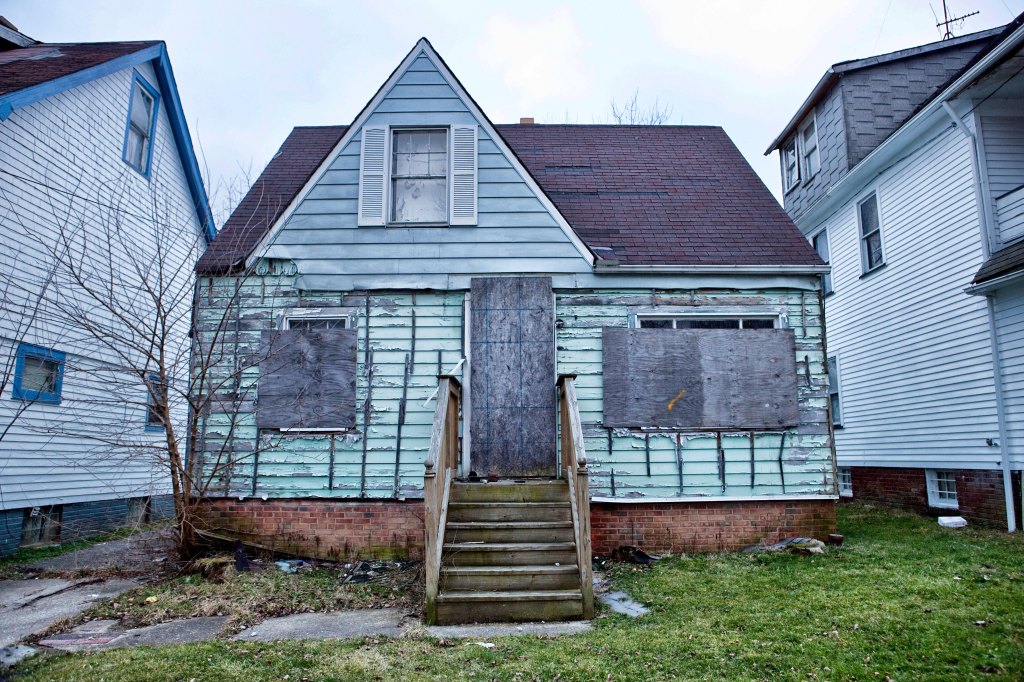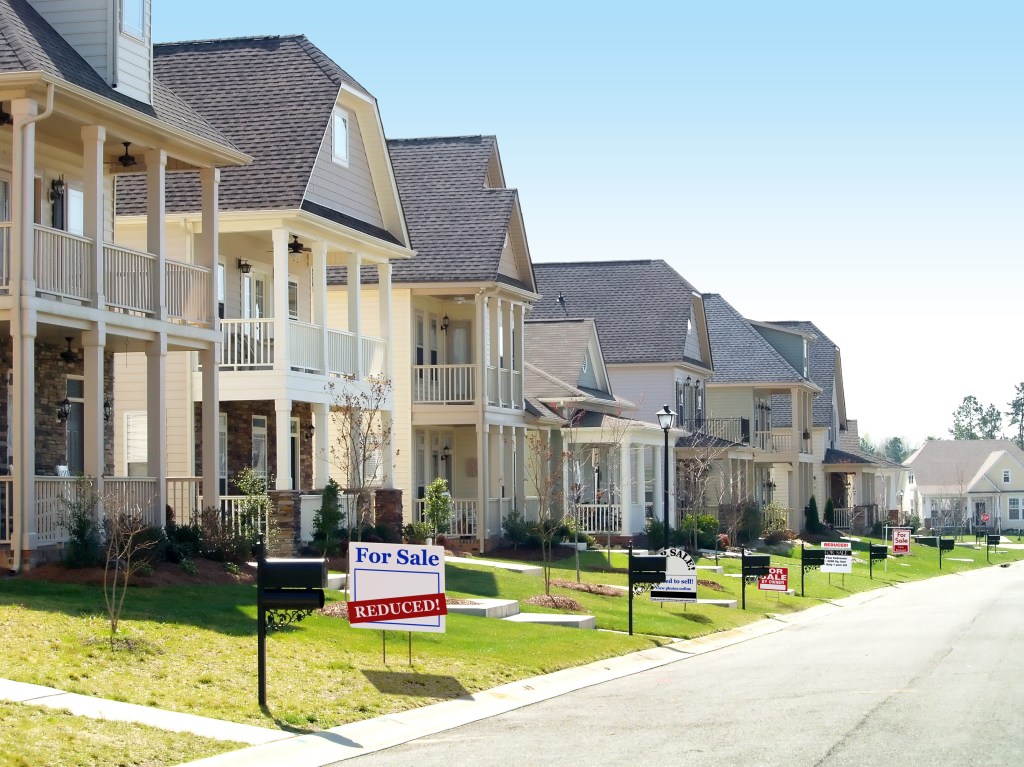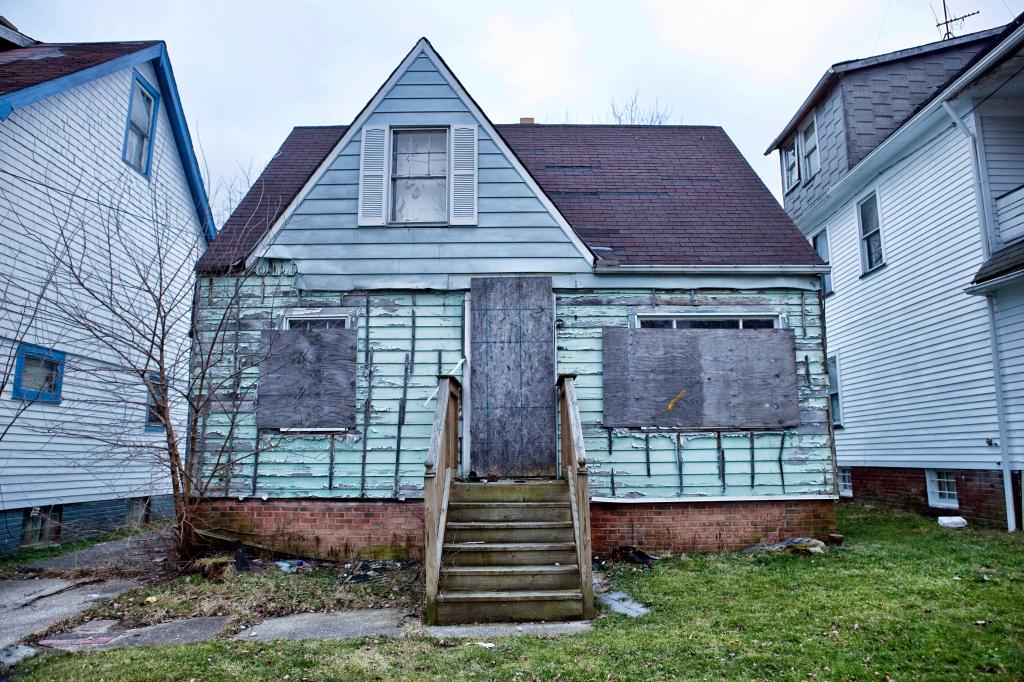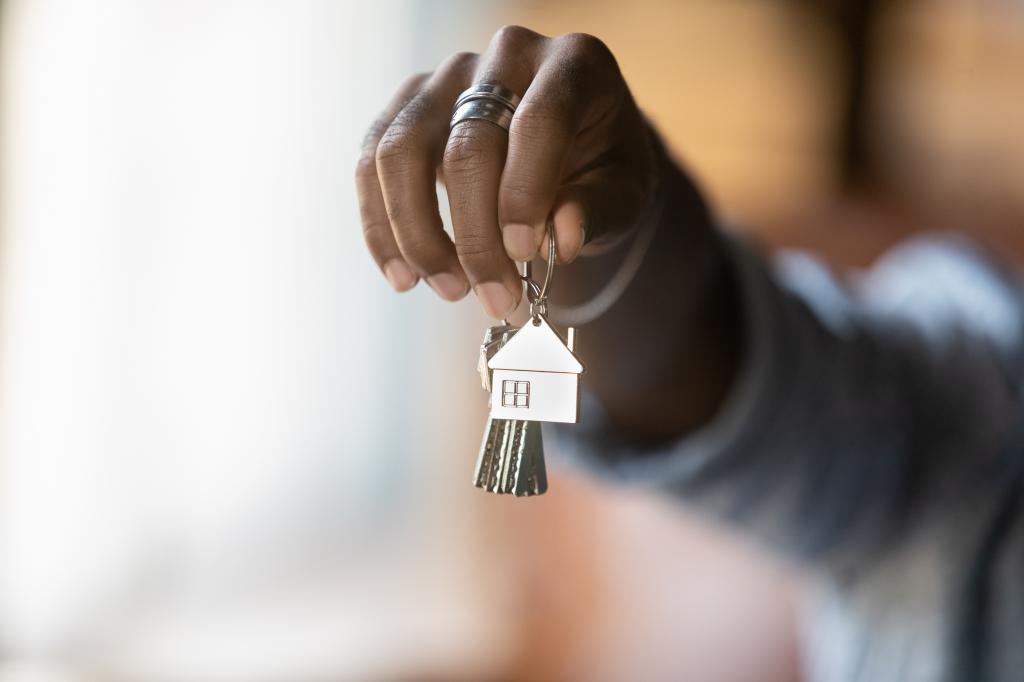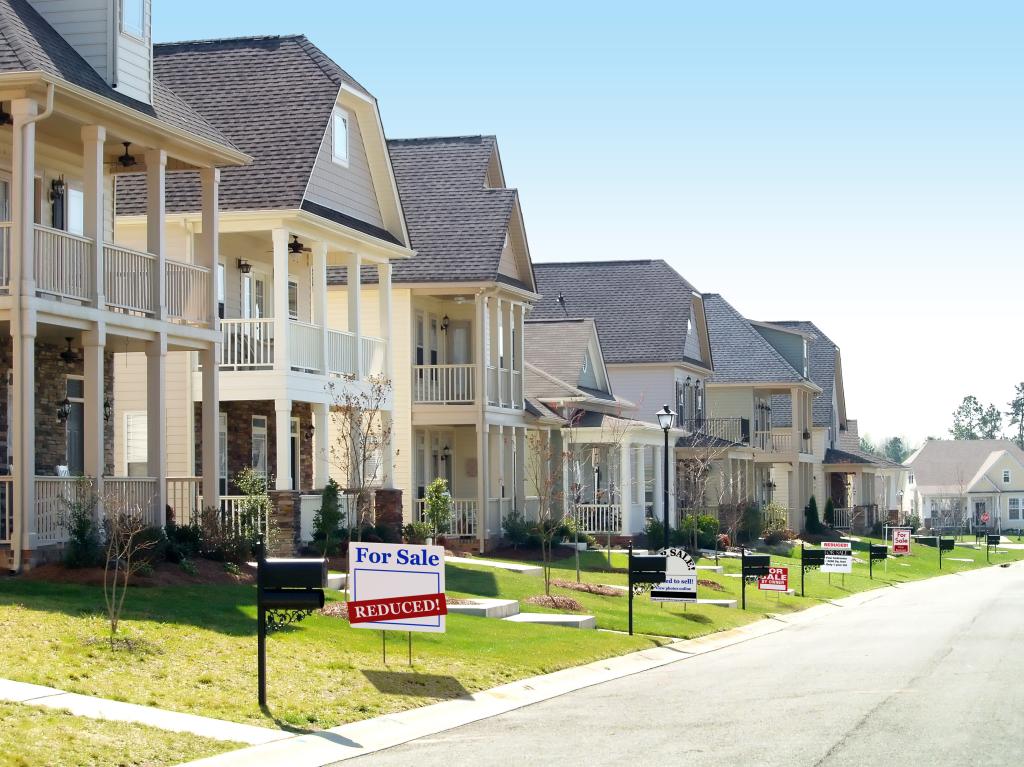Need a bargain? 4 markets where homebuyers can still find foreclosures—but there are risks
Cash-strapped home shoppers desperate for a deal might ponder buying a home in foreclosure. These homes, which lenders have repossessed due to owners defaulting on their mortgage, often sell for bargain prices.
Yet lately, these deals have been harder to find.
In 2010, following the 2008 financial crisis, there were more than 2.8 million foreclosures. This year, there were fewer than 358,000.
That’s thanks in large part to pandemic-related payment assistance programs like the Homeowner Assitance Fund, which provides grants to homeowners who are facing a COVID-19-related hardship. In 2021, a government-backed foreclosure moratorium saw foreclosures dipping as low as 151,153, or 0.3% of the national housing stock.
As those programs come to an end—the HAF is set to expire in 2026—there’s been a slight increase in the number of foreclosures. But all in all, foreclosed homes have become much more of a rarity of late.
And so have opportunities to buy them.
“While foreclosures were a source of bargains a decade and a half ago, inventory remains tight, so we don’t believe they will be any significant source of relief for homebuyers this year,” Realtor.com® senior economist Ralph McLaughlin says.
“Foreclosure rates remained well below pre-pandemic levels at the end of last year, and with an economy that is still adding jobs and homeowners saturated with equity,” he doesn’t anticipate much will change anytime soon.
Where to find foreclosures today
Although the number of homes in foreclosure is still far below pre-pandemic levels, there are four metropolitan areas where buyers are more likely to find them.
Both Syracuse, NY, and Allentown, PA, saw a 0.3% foreclosure rate last year—the highest in the country. Meanwhile, Buffalo, NY, and Honolulu were the only two cities to see higher rates of foreclosure than before the pandemic.
But is buying a foreclosure the right move?
“Most buyers are commonly real estate investors planning to rehab and resell/rent the property,” says Daniel Cabrera, owner and founder of Sell My House Fast SA TX. However, he also sees “first-time homebuyers looking for good deals in the real estate market.”
But Cabrera says foreclosure buyers have to have the “time, resources, and patience to attend to possible repairs and the more complicated purchasing process.”
The risks of buying a foreclosure
People often pursue foreclosed properties because they’re priced at below-market value. But Bruce Ailion, a real estate agent and attorney with Re/Max Town & Country in Atlanta, says “buyer beware” when it comes to foreclosed properties.
“When somebody’s looking at a foreclosure, they’re typically doing it because they’re interested in getting a bargain,” Ailion says. “And sometimes that’s the case, but often it isn’t.”
Back when the pool of foreclosed properties used to be larger, the chances of getting a deal were higher. But now, foreclosures are more likely to be lemons with major problems. As a result, with foreclosures, below-market value might not be what it seems.
“For a property to be foreclosed on, it typically has something more than a borrower issue,” Ailion warns. “Discount usually means something is wrong.”
Another issue is that foreclosed properties aren’t legally required to disclose problems—for example, a leaky roof or moldy carpet. And there’s also no accounting for some of the less obvious problems with a home, like a terrible neighbor or nearby nuisance.
“I can find you a really great price for something that fits your needs,” says Ailion, but it might be “next to a pig farm or, you know, a train depot, or in a flood plain.”
Furthermore, he adds, “Buyers are not going to have the opportunity to ask the seller to do anything to it other than maybe a concession pricing session if there’s something that’s discovered during an inspection, meaning that you won’t be able to ask the current homeowner to make any updates or changes.
“You’ll also have to pay all of the closing costs that are typically split between the seller and the buyer and be saddled with paying any back taxes owed on the property,” he says.
And if there is a problem with the property, inexperienced buyers “might not be able to recognize the cost to cure an internal defect to a home in terms of layout or style, building products, and material.”
A home might have what Ailion calls an “external adverse impact” such as a steep driveway, either going up or down, being on a busy street, backing to a restaurant, or backing onto a drainage retention ditch.
Tips for buying foreclosed properties
Financing on foreclosed homes can be more difficult because lenders typically shy away from offering loans on distressed properties, adds Cabrera.
If the home lacks a basic element like, say, a kitchen, expect that you’ll have to either pay for it outright or go to a hard money lender. (A hard money lender is a private company or individual, not a bank, willing to front the money in a short-term loan at a higher interest rate and more cash upfront.)
Another option, says Ailion, is a renovation housing loan. With a renovation housing loan, you can fold the cost of any renovations into your home loan. To get one, you’ll have to have good credit and debt-to-income ratio.
It also helps to be supported by a real estate agent with a lot of experience in the foreclosure market who can properly assess how much damage and repairs might inflate the cost of this “good deal.”
Also, prepare for the process to move slowly and be mired in paperwork.
“A purchase on a foreclosure property is usually more encumbered with paperwork and legalities,” Cabrera says.
If you’re looking to get into a home right away, you might want to look elsewhere. In some cases, it can take banks months to respond to an offer on a foreclosed property.
And finally, with foreclosures, it’s absolutely imperative—and we can’t stress this enough—that you do an inspection beforehand since you’re buying a property as is.
“Homes could have been vacant for some time, leading to chances of maintenance issues,” Cabrera warns.
“There are many things that can come up in an inspection,” he continues. “But if you’re prepared and know what you’re getting yourself into, [it] will really help [you] from making a big mistake.”
